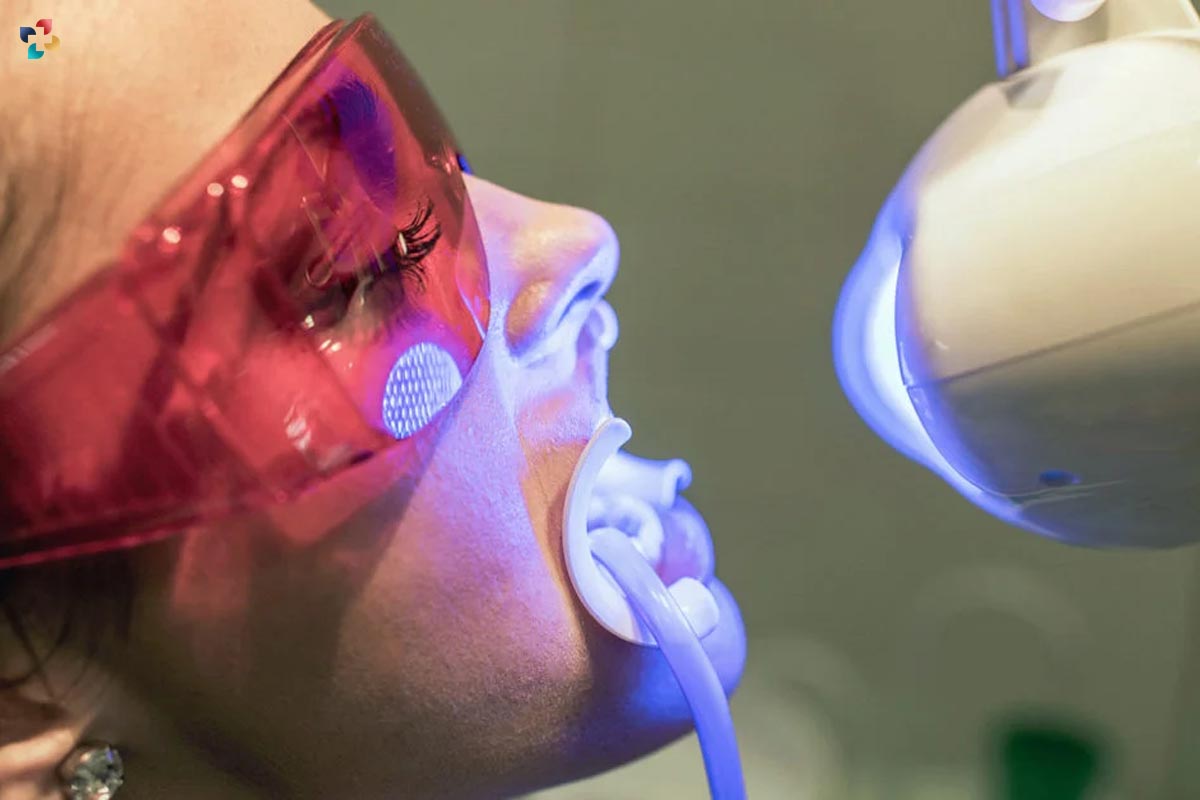Lasers have become a fundamental part of modern medicine, offering a wide range of benefits over traditional surgical techniques. Laser technology has the advantage of providing precise, minimally invasive, and targeted surgical procedures that can significantly reduce patient discomfort and recovery time. Advances in laser technology in operative medicine have significantly improved the efficacy and safety of various surgical procedures. Here are five recent advances in laser technology in operative medicine that have impacted operative medicine.
Here are 5 Advances in Laser Technology in Operative Medicine;
1. Improved Precision and Safety in Laser Surgery
Recent advancements in laser technology have led to the development of precision surgical lasers that can deliver accurate and precise laser energy. This has led to increased use of lasers in surgical procedures, particularly in fields such as dermatology, ophthalmology, and dentistry. These lasers offer superior precision and accuracy, which translates to reduced damage to surrounding tissues and minimal bleeding during surgical procedures.

One of the most significant advances in laser technology in operative medicine is the development of selective photothermolysis. This technique allows lasers to target specific structures within the body, such as tumors or blood vessels while leaving surrounding tissues untouched. This reduces the risk of damage to healthy tissues and organs during surgery, making it safer and less invasive.
2. The Use of Lasers in Endoscopic Surgery
Endoscopic surgery involves inserting a small camera into the body to allow surgeons to visualize the surgical site. This technique has revolutionized surgery, allowing for minimally invasive procedures that require smaller incisions, reduced recovery time, and less scarring. Laser technology has played a crucial role in advancing endoscopic surgery by providing a precise and efficient way to remove tissue, coagulate bleeding vessels, and perform other surgical procedures.
One of the most significant advances in laser technology in operative medicine for endoscopic surgery is the development of fiber lasers. Fiber lasers offer a highly efficient and precise way to deliver laser energy to the surgical site. These lasers are also highly versatile and can be used in a wide range of endoscopic procedures, including gastrointestinal, pulmonary, and urological surgeries.
3. Laser-assisted Cataract Surgery
Cataracts are a common age-related eye condition that can cause blurry vision and sensitivity to light. Traditional cataract surgery involves making an incision in the eye and removing the cloudy lens. Laser-assisted cataract surgery (LACS) is a newer, more advanced technique that uses laser technology to perform certain steps of the procedure.

LACS offers several advantages over traditional cataract surgery, including increased precision, reduced risk of complications, and faster recovery times. During LACS, a femtosecond laser is used to create a precise incision in the cornea, as well as to soften and break up the cataract for easier removal. This precise incision also allows for more accurate implantation of the new artificial lens, leading to improved visual outcomes.
4. Advances in Laser Treatment for Skin Conditions
Laser technology has become an essential tool for the treatment of various skin conditions, including acne, psoriasis, and wrinkles. Recent advances in laser technology in operative medicine have improved the efficacy and safety of laser treatments for these conditions, offering patients a more comfortable and effective treatment option.
One of the most significant advances in laser technology in operative medicine for skin treatments is the development of fractional laser therapy. This technique uses a laser to create thousands of microscopic treatment zones in the skin, which triggers the body’s natural healing process. Fractional laser therapy can effectively treat a wide range of skin conditions, including acne scars, wrinkles, and sun damage, with minimal downtime and side effects.
5. The Use of Lasers in Dental Procedures
Laser technology has also made significant advancements in the field of dentistry, offering patients a more comfortable and precise way to treat a range of dental conditions. Lasers can be used in a wide range of dental procedures, including cavity removal, gum disease treatment, and teeth whitening

One of the most significant advances in laser technology in operative medicine in dentistry is the development of erbium lasers. These lasers offer a more precise and efficient way to remove decayed or damaged tooth tissue, reducing the need for drills and reducing patient discomfort. Erbium lasers are also highly effective in treating gum disease, as they can remove infected tissue without damaging healthy gum tissue.
Another significant advance in laser technology in dentistry is the use of diode lasers for teeth whitening. Diode lasers emit a specific wavelength of light that activates a whitening gel applied to the teeth, effectively breaking down stains and discoloration. This process is faster and more effective than traditional teeth whitening methods, with minimal sensitivity and discomfort for the patient.
BOTTOM LINE
Advances in laser technology in operative medicine have significantly impacted operative medicine, offering patients a safer, more precise, and less invasive surgical experience. Improved precision and safety in laser surgery, the use of lasers in endoscopic surgery, laser-assisted cataract surgery, advances in laser treatment for skin conditions, and the use of lasers in dental procedures are just a few examples of how laser technology is transforming modern medicine. As laser technology continues to evolve and improve, it is likely that we will see even more advancements in operative medicine in the coming years.











